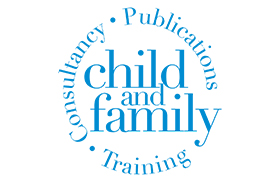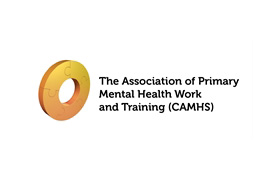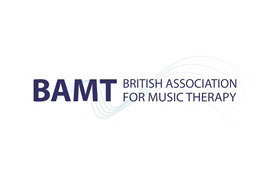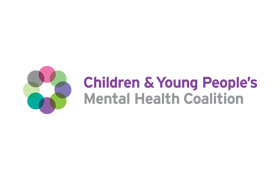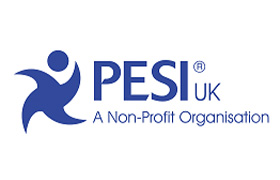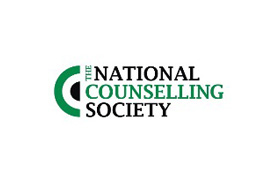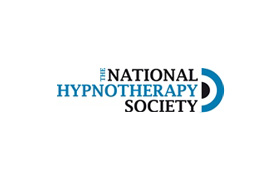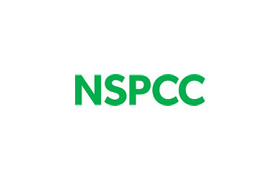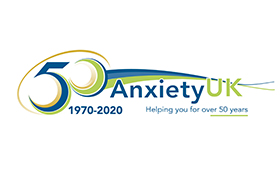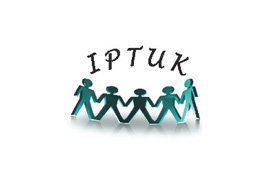We are pleased to offer this masterclass as a virtual online course; find out more about our Virtual Training.
A modular, multi-focal, trauma-informed solution
This CPD certified programme will outline the increasing evidence of the impact of Adverse Experiences of Childhood (ACEs) on the health and well-being of children and young people extending into adult life. There is a growing demand for interventions to prevent their harmful effects.
Research will be reviewed about the impact of ACEs through population studies, intergenerational studies, and specific groups – self harming, mental health, and substance abuse, offending, and violent behaviour.
The Neurobiological Traumatic impact of ACEs including the triggering of Toxic Stress will be reviewed.
Recent evidence will be reviewed about protective factors, which promote children’s resilience despite growing up in harmful contexts.
Approaches to intervention will be reviewed, to prevent the harmful impact of maltreatment and the limitations of these approaches to fit with the complex responses associated with multiple ACEs.
A solution is proposed, based on the highly effective Modular Approach to Children with Anxiety, Depression, Trauma and Conduct Problems (MATCH-ADTC), which integrates common practice elements from effective single approaches to these problems. The modular Hope for Children and Families (HfCF) Intervention Resources add to these elements from the field of interventions to prevent abuse and neglect, – the core of the ACE problems.
The HfCF Intervention Resources will be introduced to help practitioners, by providing a trauma-informed, transdiagnostic, modular approach, establishing a profile of harmful adversities, and their impact, and developing a programme of intervention with a video training case.
Key Learning Points:
- To appreciate current views about the nature and range of ACEs which have developed
- To understand the way in which ACEs are present at a population level, and in particular clinical populations
- The traumatic and stressful nature of ACEs and the impact on development of children and young people into adult life, including an understanding of neurobiological effects -toxic stress.
- To appreciate the range of interventions available and recommended to reduce the harmful impact of ACEs and their limitations
- The development of modular approaches which ‘distils’ effective practice elements from across the field of interventions
- How modular approaches can be utilised as part of a comprehensive holistic approach to establishing a profile of needs, and develop an effective intervention which prevents further ACEs and modify their impacts
- To can be adapted for use across different types of service provision at all stages of the therapeutic process
Each delegate will receive 2 Core Guides from the Hope for Children and Families Intervention Resources
Facilitated by:
Arnon Bentovim trained at the Maudsley Hospital/Institute of psychiatry trained as a Psychoanalyst, and subsequently became involved in the growing interest in the systemic/family therapy field. He helped to establish the Association and Institute of Family Therapy, and researched measures of family functioning, and clinical approaches with colleagues at the Institute of Child Health and Great Ormond Street Children’s hospital.
The course will:
- Introduce participants with up to date information from the emerging, evolving field of ACEs Adverse Childhood Experiences, from population studies, and studies of mental health, maltreatment and offending behaviour.
- Introduce the Modular Hope for Children and Families Intervention resources, and the way these can be adapted to meet the complex needs of parents responsible for adversity, and children and young people who are affected by them.





